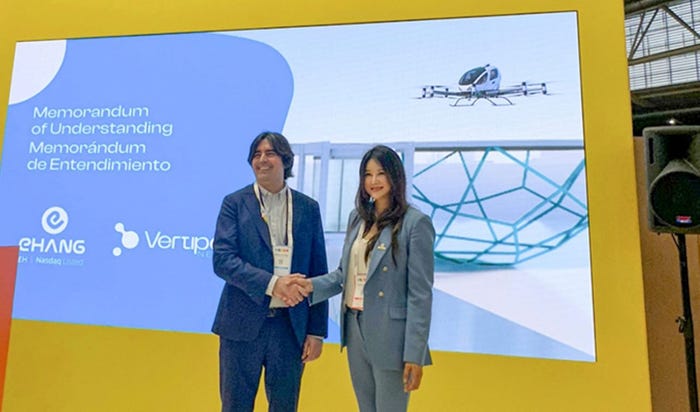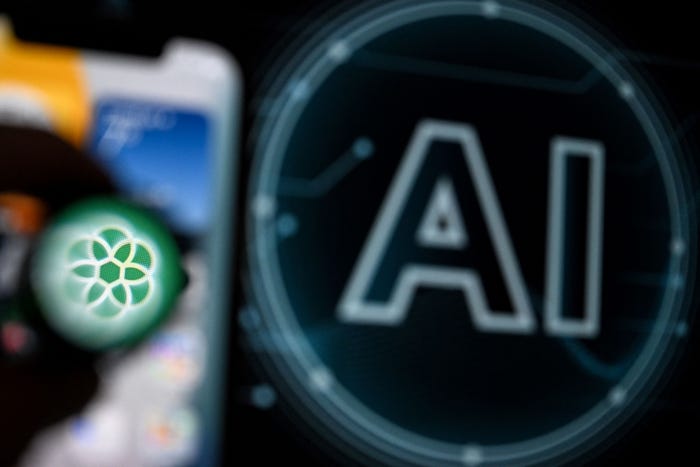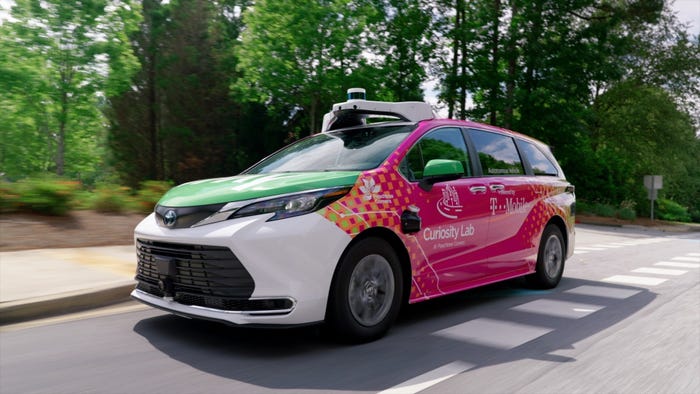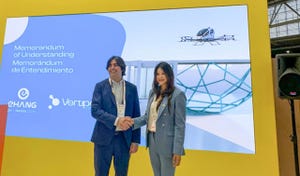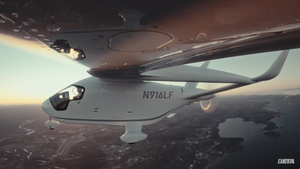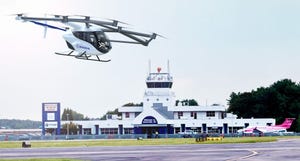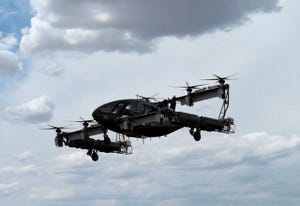Tesla Faces Court Battle Over Alleged Misleading Autopilot, Self-Driving Claims
The DMV's July 2022 complaint accuses Tesla of overstating Autopilot and Full Self-Driving capabilities, leading to the current court case

Tesla must go to court to contest the California Department of Motor Vehicles’ claims that it has misled consumers about the capabilities of its driver assistance tech, after failing to get the case thrown out by a judge.
Lawyers acting on behalf of the automaker were left frustrated after Judge Juliet Cox of California’s Office of Administrative Hearings (OAH) said if the DMV allegations were found to be true, they would support an enforcement action against Tesla.
The case centers on a pair of complaints made by the regulator filed with the OAH in July 2022, in which the DMV accused Tesla of using language that overstated the capabilities of Autopilot and Full Self Driving.
Specifically, the DMV said Tesla “made or disseminated statements that are untrue or misleading, and not based on facts.”
The filings continued: “Instead of simply identifying product or brand names, these ‘Autopilot’ and ‘Full Self-Driving Capability’ labels and descriptions represent that vehicles equipped with the ADAS features will operate as an autonomous vehicle, but vehicles equipped with those ADAS features could not at the time of those advertisements, and cannot now, operate as autonomous vehicles.”
Despite their names, Autopilot and FSD are rated as providing only Level 2 automated functionality, as defined by the Society of Automotive Engineers. This means that even when a Tesla has assumed control of the steering, braking or acceleration, the human driver must be alert and ready to resume control at all times.
Tesla contends that its statements are not misleading because it has regularly said Autopilot and FSD require supervision from drivers. Lawyers also argued that having full self-driving capabilities does not equate to being fully autonomous at the current point in time, but instead points to what will be possible in the future through software updates.
Perhaps a truer reflection of what the company is thinking, however, is that it has recently started to refer to its tech as Full Self Driving (Supervised) – even CEO Elon Musk, who has made a series of exaggerated claims on FSD over the past few years.
Judge Cox ruled that despite Tesla's assertions, the case should continue to allow the DMV to present its evidence.
The decision is ill-timed for Tesla, considering its renewed focus on AI and automation. Musk has pledged the company is going “balls to the wall for autonomy” and it has also announced it is planning to reveal a new Cybercab self-driving taxi in August.
At the same time, it has launched several initiatives to increase the adoption of FSD across its model range, including mandatory demonstrations and free trials for new owners, plus reduced costs for subscriptions and lower upfront pricing.
The latest version of FSD (v12.4.1) is in the process of being released to owners via an update, with Musk, in typical fashion, hailing it as a major step forward. In a post on X, he said: “We are starting to get to the point where once known bugs are fixed, it will take over a year of driving to get even one intervention.”
About the Author
You May Also Like


